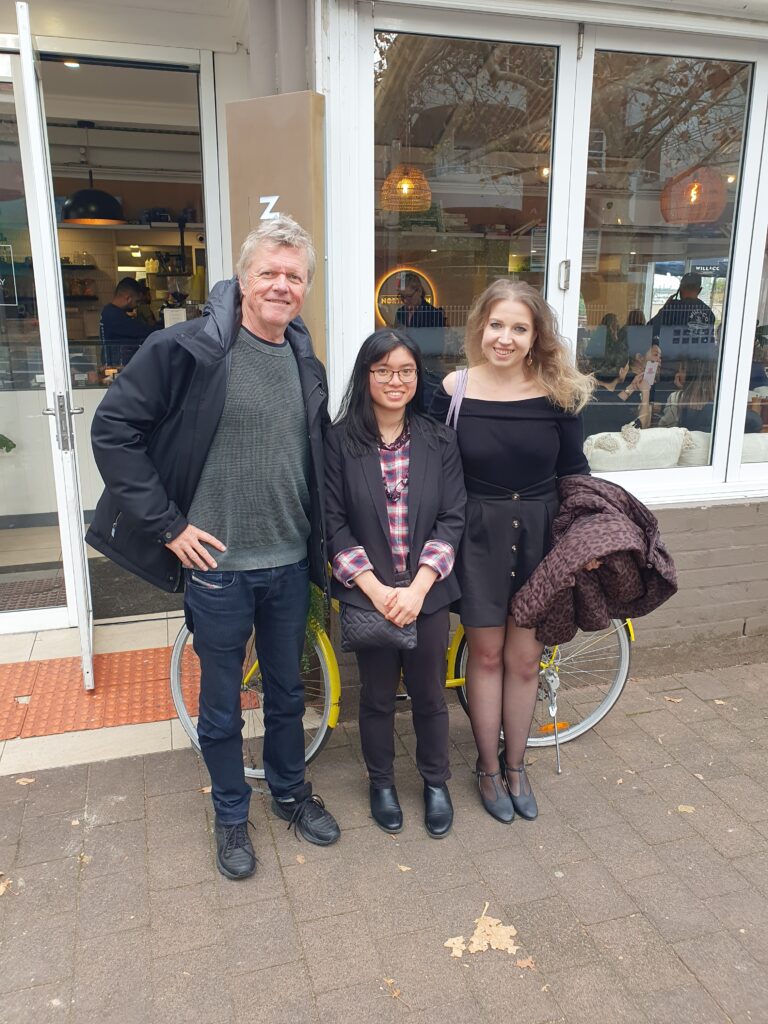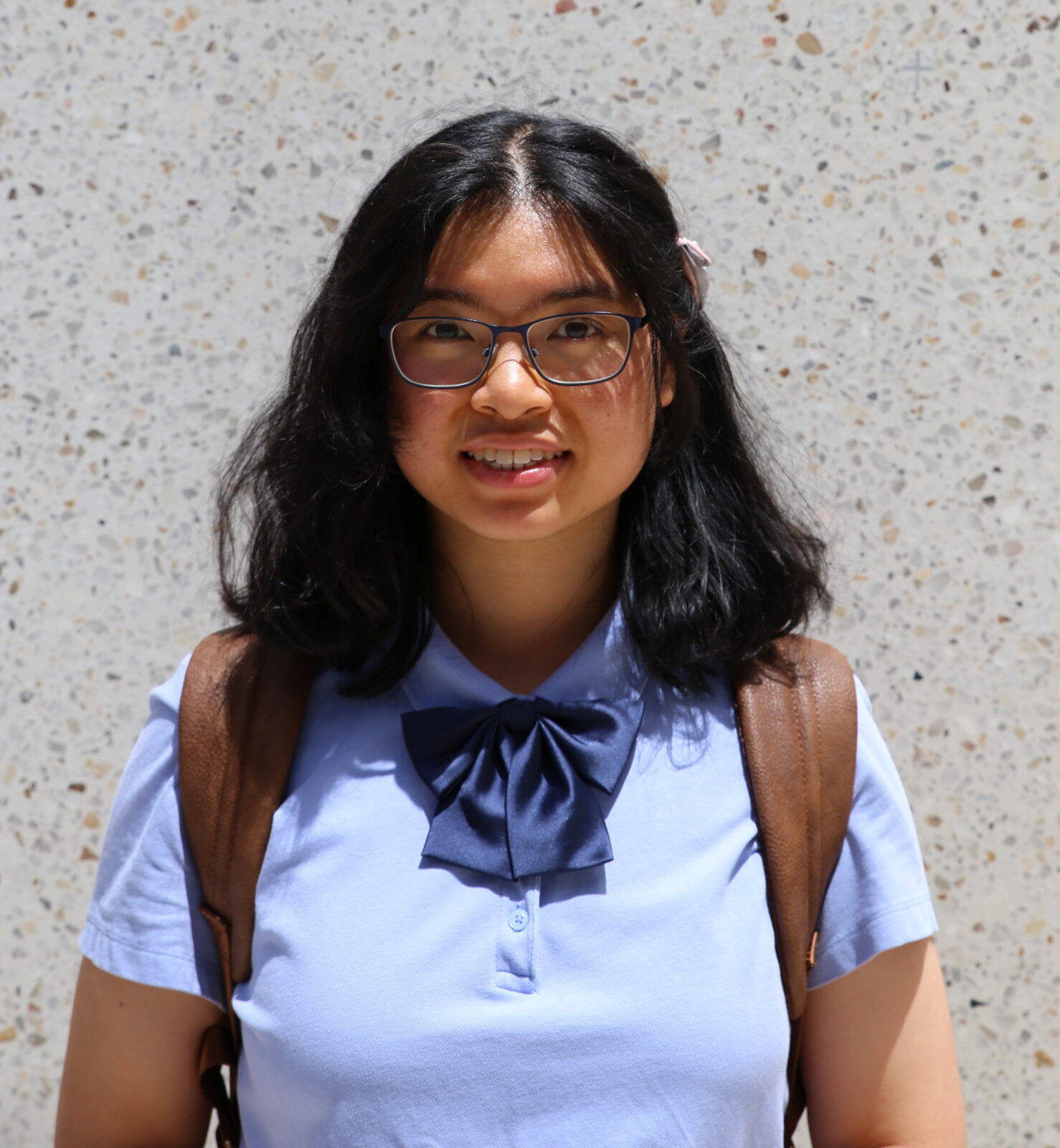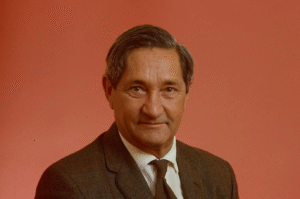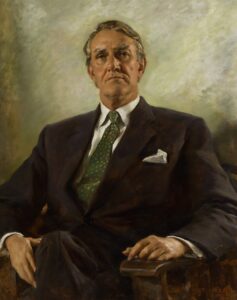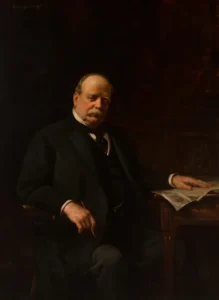2022 Mannkal Alumna Frances An was awarded the Niamh Finneran Loader Prize for her writing
That’s right: I must purchase a gift. Kate had other tips to prepare my classmates and me for the Mannkal internships in 2022: arrive at work early and stay late, dress to impress, start emails with ‘dear [name]’, come to appointments fifteen minutes early, on-time is late—I rehearse them while untangling my hair over the hotel bin. Growing up in South-western Sydney means that such soft skills do not come naturally. People where I grew up joke that the Harbour Bridge is purposely difficult to navigate to repel plebs and ensure only rich people’s chauffeurs can enter.
Niamh and I published in Spectator Australia whose editors, Rowan Dean and Alexandra Marshall, will meet me in person this afternoon. I intended to ask Niamh about the roots of her political opinions but missed the chance. If you have a question, there may only be one opportunity to ask so do it now.
North Spoon café is warm like an oven with light brown furniture. Rowan is in a waffle-textured sweater, Alexandra all black. I sit after handing their gifts and rattle off a thirty-second pitch about passing my viva voce. After explaining my thesis topic of curbstoning (data falsification in market research), Rowan and Alexandra share their recounts of epic rivalries with marketing firms where they used to work. You will need to ask them for the stories yourself. Now, I understand the essential role of organisational psychologists in keeping healthy workplace dynamics.
I listen to Rowan and Alexandra alternate between their discussion of political issues, then Alexandra teaching Rowan how use different features on his exponentially growing Twitter account. For all their contempt towards focus groups, Rowan and Alexandra make excellent qualitative interview participants: their dialogue is spontaneous and even brief questions produce generous amounts of semantic data.
Rowan’s first meeting with Niamh was on the plane back from the Samuel Griffith Conference. They were the only two people who refused to wear masks during the flight when COVID mandates were in effect. We all reflect on the incivility of COVID rules: people in the office identified which colleagues they needed to put up the masking façade for; bus drivers were left to do the dirty work of enforcement while state governments patted themselves on the back for ‘keeping the community safe’ with onerous rules.
When Rowan mentions his libertarian inclinations, I explain the reasoning behind my belief that any serious libertarian must also be a conservative, ‘if government power is limited, either society is complete anarchy which isn’t scalable or there must be other, usually informal forms of social organisation.’
‘You should write another article on the relationship between libertarianism and conservatism,’ Alexandra tells me.
Intellectual topics are comfortable not because I am a profound person but because ‘small talk’ is not small at all. When there is no substance to the conversation’s content, the focus is on aspects of the conversationalist’s speech and manner which can betray her true social class. Slurred words are loose threads. An affected accent is a cheap fabric texture that otherwise passes as an elegant dress from afar.
So, I go deeper, asking about topics that would usually be considered off-bounds: the Israel-Palestine issue, various state governments’ banning of Nazi symbols. The atmosphere remains lively and honest: it’s fine to go off-script.

